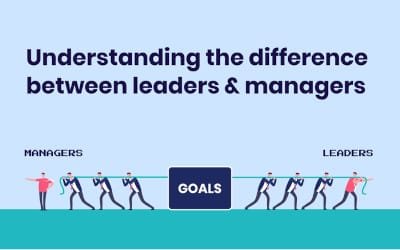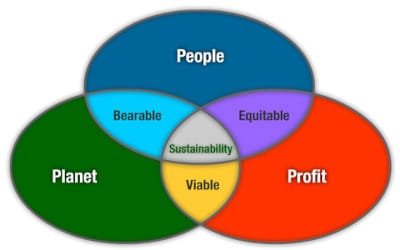Papers
General Management
Inclusion of Networking for Women and Minority Group Members in the Workplace
Modern businesses continue to be dominated by men of the majority community, despite increasing entry of women and members of minority groups. Research has revealed that members of this group tend to, both intentionally and unintentionally interact with people of their own groups on account of homophilous reasons, thereby excluding access to women and members of ethnic minorities.
This results in considerable disadvantages for the excluded groups because network occurrences and dynamics often result in formal decisions for promotions, inclusion in new projects and giving of new responsibilities.
Insights on Management and Leadership
Management theory has come a long way, thanks to the hard work of many researchers and experts (DuBrin, 2009). A legendary management guru, Peter Drucker, summed up management as giving direction, providing leadership, and making smart decisions about resources (Drucker, 1994). Basically, it’s about getting things done and developing people along the way (DuBrin, 2009). In today’s business world, it’s all about putting the customer first and staying ahead of the competition. But that can sometimes lead to tough decisions about ethics and responsibility. This portfolio aims to help leaders and managers navigate these challenges while staying true to their values and commitments.
Impact of Corporate Social Responsibility
Corporate Social Responsibility (CSR) is truly one of the most puzzling aspects of today’s business world (Visser, 2008). It’s evolving rapidly, appearing to be both complex and yet somewhat unclear (Visser, 2008). Despite efforts from academic experts and management practitioners to define CSR, there’s still no universally accepted definition (Visser, 2008). The World Business Council for Sustainable Development takes a stab at it, defining CSR as: “the ethical behaviour of a company toward society; management acting responsibly in its relationship with other stakeholders who have a legitimate interest in the business. It’s the commitment by business to act ethically, contribute to economic development, and improve the quality of life of the workforce, their families, and the local community and society at large.” (Petcu et al., 2009, p. 4)
Globalisation Challenges
Globalisation is the tendency of the public and economies to move towards greater economic, cultural, political, and technological interdependence. It is a phenomenon that is characterised by denationalisation, (the lessening of relevance of national boundaries) and is different from internationalisation, (entities cooperating across national boundaries). The greater interdependence caused by globalisation is resulting in an increasingly freer flow of goods, services, money, people, and ideas across national borders.
Does Capital Structure Matter
The capital structure of a modern corporation is, at its rudimentary level, determined by the organisational need for long-term funds and its satisfaction through two specific long-term capital sources, i.e. shareholder-provided equity and long-term debt from diverse external agencies (Damodaran, 2004). These sources, with specific regard to joint stock companies, retain their identity but assume different shapes.
Ethical and Governance Challenges for Businesses and Professionals
It is the duty of business organisations to refrain from engaging in actions that are harmful to their various stakeholders, including the society and the environment and furthermore work purposefully towards benefiting them.






